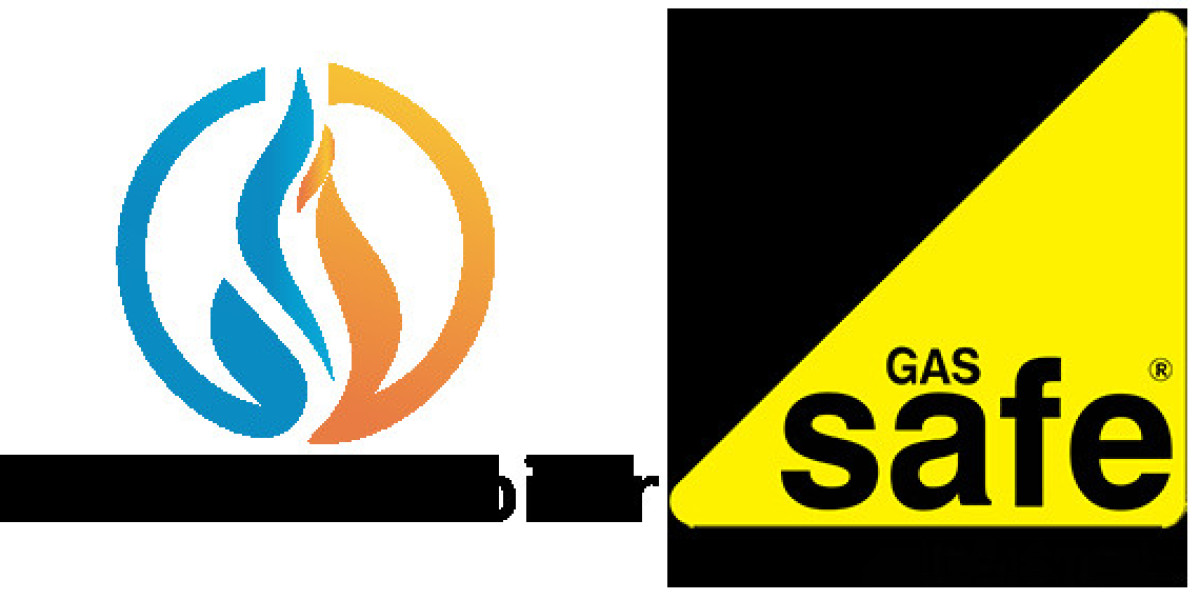Experiencing a heating breakdown, especially during the cold winter months, can be a stressful and uncomfortable ordeal. This guide will help you navigate through such an emergency, providing you with essential steps, expert tips, and preventative measures to ensure your home remains warm and safe.
Introduction
A heating breakdown is an unexpected and often inconvenient event that can leave you and your family shivering in the cold. Knowing how to react swiftly and effectively can make all the difference in minimizing discomfort and ensuring safety. This comprehensive guide will walk you through everything you need to know about handling a heating breakdown, from immediate troubleshooting to long-term preventive strategies.
Understanding Heating Breakdown
What is a Heating Breakdown?
A heating breakdown refers to the failure of your home's heating system, rendering it unable to provide adequate warmth. This can be caused by various factors, including mechanical failures, electrical issues, or fuel supply problems.
Common Causes of Heating Breakdown
Understanding the common causes of heating breakdowns can help you prevent them. Some typical reasons include:
- Faulty thermostat
- Ignition or pilot control issues
- Dirty or clogged filters
- Mechanical wear and tear
- Electrical faults
Signs of Impending Heating Breakdown
Recognizing early warning signs can help you address issues before they lead to a complete breakdown. Look out for:
- Unusual noises
- Uneven heating
- Frequent cycling
- Rising energy bills
- Poor air quality
Immediate Steps to Take During a Heating Breakdown
Stay Calm and Assess the Situation
The first step in handling a heating breakdown is to stay calm. Assess the situation to determine the extent of the issue and decide on the best course of action.
Check the Thermostat
Ensure that your thermostat is set correctly and functioning. Sometimes, a simple adjustment or a battery replacement can solve the problem.
Inspect the Power Supply
Verify that your heating system is receiving power. Check circuit breakers and fuses to ensure they haven’t tripped or blown.
Examine the Pilot Light or Ignition
If your heating system uses a pilot light or electronic ignition, check if it's lit. Follow the manufacturer's instructions for relighting it if necessary.
Contact a Professional
If you’re unable to resolve the issue on your own, it’s time to call a professional heating technician. They can diagnose and fix the problem efficiently.
Staying Warm During a Heating Breakdown
Utilize Alternative Heat Sources
While waiting for repairs, use alternative heat sources such as space heaters or fireplaces. Ensure they are used safely to avoid any fire hazards.
Bundle Up
Wear layers of warm clothing and use extra blankets to retain body heat. Encourage family members to stay in one room to conserve warmth.
Seal Drafts
Use draft stoppers, towels, or blankets to seal any drafts around windows and doors. This helps to keep the heat inside your home.
Cook Warm Meals
Using your oven to cook meals can provide additional warmth in your kitchen. Just make sure to use it safely and never rely on it solely for heating.
Preventative Measures to Avoid Heating Breakdown
Regular Maintenance
Schedule regular maintenance checks for your heating system. A professional can clean, inspect, and tune up your system to ensure it’s running efficiently.
Change Filters
Replace or clean filters regularly to ensure proper airflow and prevent your system from overworking.
Install a Programmable Thermostat
A programmable thermostat can help you manage your heating system more efficiently, reducing wear and tear.
Insulate Your Home
Proper insulation keeps heat from escaping, making your home easier to heat and reducing strain on your heating system.
Plan for Emergencies
Having an emergency plan in place can help you react quickly if your heating system breaks down. Keep emergency contact numbers and supplies handy.
FAQs
What should I do if my heating system breaks down in the middle of the night?
Stay calm and assess the situation. Use alternative heat sources and call a 24/7 emergency heating repair service.
How often should I schedule maintenance for my heating system?
It's recommended to have your heating system checked annually by a professional technician.
Can I perform heating system repairs myself?
While some minor troubleshooting can be done by homeowners, it's best to leave repairs to licensed professionals to avoid further damage or safety risks.
Why is my heating system making strange noises?
Strange noises can indicate various issues, such as loose components or mechanical problems. It's best to have a technician inspect your system.
Is it safe to use space heaters during a heating breakdown?
Yes, but ensure you use them according to the manufacturer's safety instructions and never leave them unattended.
What should I include in my emergency plan for a heating breakdown?
Your plan should include emergency contact numbers, alternative heating sources, warm clothing, and blankets.
Conclusion
A heating breakdown can be a daunting experience, but with the right knowledge and preparation, you can manage it effectively. By understanding the causes, recognizing the signs, and taking preventative measures, you can reduce the risk of a breakdown and ensure your home remains warm and comfortable. Remember to seek professional help when needed and stay safe during emergencies.



